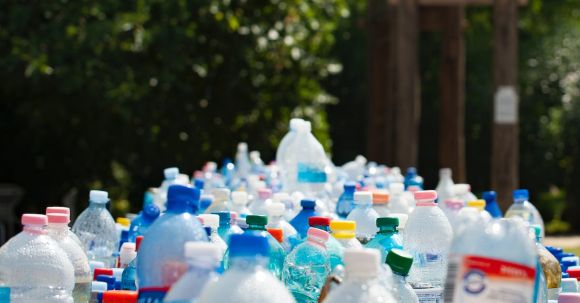In today’s world, where waste production is at an all-time high, it is crucial that we prioritize recycling and waste reduction. The impact of our excessive consumption and disposal habits is becoming increasingly evident, with landfills overflowing and pollution levels rising. Recycling and waste reduction are essential steps towards building a sustainable future for ourselves and future generations.
Reducing Waste: A Step Towards Sustainability
One of the most effective ways to combat waste is by reducing our consumption. By being mindful of our purchases and only buying what we truly need, we can significantly decrease the amount of waste produced. This not only helps to conserve resources but also saves money in the long run. Additionally, choosing products with minimal packaging or opting for reusable alternatives can further minimize waste.
Recycling: Giving Materials a Second Life
Recycling is the process of converting waste materials into new products, thus preventing them from ending up in landfills. It is a solution that allows us to give materials a second life and reduce the need for raw materials. Items such as paper, glass, plastic, and metal can all be recycled and transformed into new products. By recycling, we can conserve natural resources, reduce energy consumption, and decrease greenhouse gas emissions.
The Economic Benefits of Recycling
Aside from the environmental advantages, recycling also brings economic benefits. The recycling industry has the potential to create jobs and stimulate economic growth. Recycling programs require manpower for collection, sorting, and processing of materials. Moreover, the demand for recycled materials creates a market for businesses to thrive. By supporting recycling initiatives, we can contribute to the development of a green economy and promote sustainability.
Educating the Next Generation
Instilling the importance of recycling and waste reduction in the next generation is crucial for long-term sustainability. By educating children about the environmental impact of waste and the benefits of recycling, we can empower them to make responsible choices. Schools play a vital role in teaching young minds about recycling practices, waste management, and the significance of preserving our planet. By starting early, we can create a generation that values sustainability and actively participates in waste reduction efforts.
Government Policies and Incentives
Government involvement is crucial for the success of recycling and waste reduction initiatives. Governments can implement policies that promote recycling, such as mandatory recycling programs or waste management regulations. Additionally, offering incentives, such as tax benefits or grants, can encourage businesses and individuals to adopt sustainable practices. By working together with the government, we can create a system that prioritizes recycling and waste reduction on a larger scale.
The Power of Individual Actions
While government policies and programs are essential, individual actions also play a significant role in recycling and waste reduction. Every small effort counts, whether it’s sorting recyclables, composting food waste, or reducing single-use plastic consumption. By making conscious choices in our daily lives, we can contribute to a collective effort towards a greener future. It is the responsibility of each individual to take ownership of their waste and actively seek ways to minimize it.
A Sustainable Future
In conclusion, recycling and waste reduction are of utmost importance in today’s world. By reducing our consumption, recycling materials, and educating future generations, we can build a sustainable future. The economic benefits, government policies, and individual actions all play a crucial role in achieving waste reduction goals. It is time for us to recognize the importance of recycling and waste reduction and take the necessary steps towards a greener and cleaner planet.





